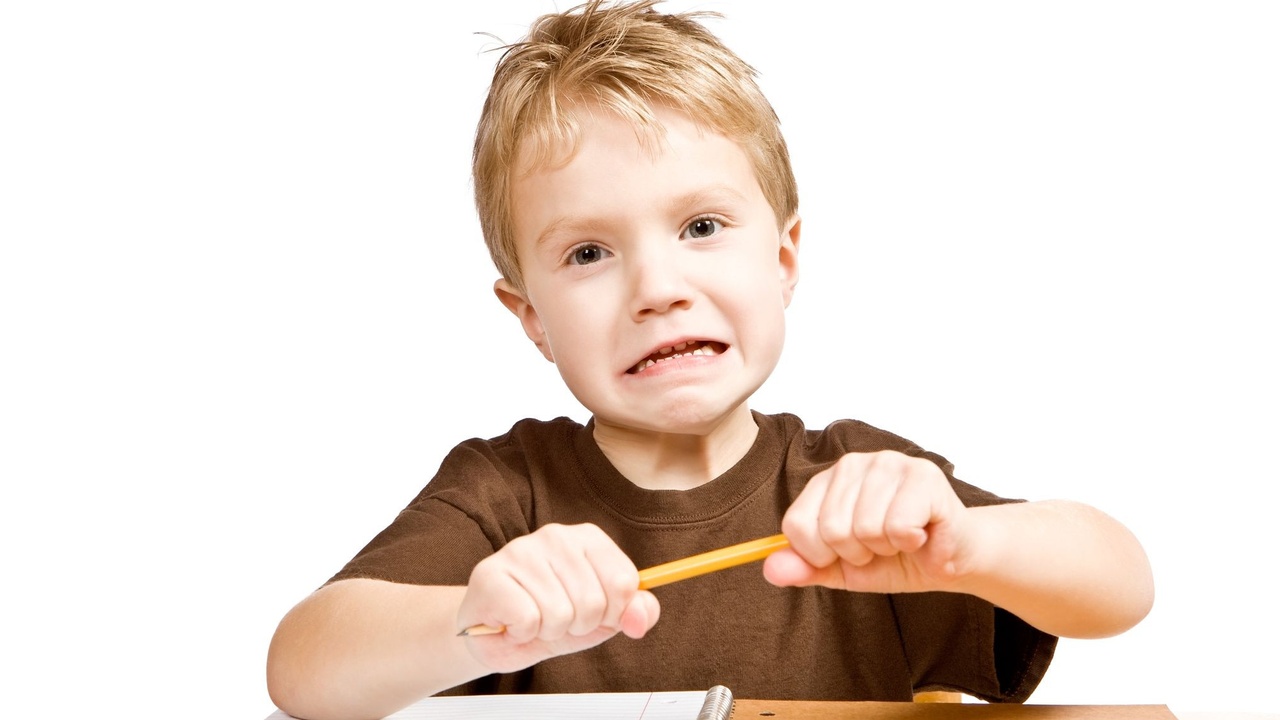
Fundamentals of Instructional Approach to Behavior
May 28, 2022MAINTAINING SANITY IN THE MIDST OF NEGATIVE BEHAVIOR
If it is well established that all behavior is a form of communication that does not always translate easily and can be quite obscure. Why is it then that behavior frequently can send otherwise rational adults to the brink of mental and/or emotional breakdown with irrational behaviors of their own? Do you really think that child is deliberately trying to make you crazy?
Our job as adults is to understand what the child is trying to communicate and to remember that there are no inherently bad children. We forget all the skills that have to already be in place in order for behaviors to be consistently positive. With that in mind, as advocates we need to be familiar with the Instructional Approach to Behavior so that we are aware of the types of interventions, effective classroom practices, discipline models and responses to behaviors. We are not interested in becoming BCBA’s but we do want to be able to understand and question implementation of and fidelity to any behavior plans the district proposes.
BEHAVIOR
- All behavior is a form of communication.
- there are no bad children,
- Behavior is:
- anticipated or unanticipated behaviors
- good and bad
- expected or unexpected
SKILLS REQUIRED FOR POSITIVE BEHAVIORS:
- Emotional control / composure,
- Self-Motivation / encouragement
- Focus to task - Assertiveness
- Ability to make choices
- ToM Theory of Mind
- Empathy - Positive intent
- Understanding cause and effect - Accepting consequences.
DISCIPLINE
(Latin discipulus disciplina; pupil, instruction /teaching, knowledge/learning)
- Discipline is an activity or experience that provides mental or physical training or instruction that corrects and molds.
- It refers to one’s character development of self-control – the ability to control and motivate oneself, stay focused and on track, and follow rules.
- POSITIVE DISCIPLINE MODEL
focuses on giving attention to and reinforcing positive behavior, teaching skill deficits and new replacement behaviors.
- NEGATIVE DISCIPLINE MODEL
involves anger, shaming, or emotionally or physically violent responses to undesirable behavior.
- NO ONE should discipline without having control of their own emotions
Educators should employ research-based interventions to teach and mentor, as they have been professionally trained to do, before using the criminal justice system which does not change behaviors. Exceptions are:
- Imminent harm to self – mental health system
- Imminent harm to others – criminal justice system
4 TYPES OF BEHAVIOR INTERVENTIONS
Different types of behavior require a specific treatment or discipline intervention methods.
- POSITIVE BEHAVIOR REINFORCEMENT
- Praise
- PROBLEM solving – predicting and preventing
- Without shaming
- Use of Humor and distraction
- LIMIT SETTING
- Setting boundaries
- Giving warnings
- If … then… approach
- Allowing for logical or natural consequences
- Immediate, consistent and fair consequences
- BEHAVIOR MODIFICATION
- Positive corrective redirection and re-instruction
- Teaches replacement behaviors
- Teaches skill deficits
- Teaches replacement behaviors with same or greater value
- Decreased attention to certain behaviors – planned ignoring
- SELF CONTROL INSTRUCTION
- Identify feelings / emotions
- Using words vs. behavior to express feelings and needs
- Social Cognition training
- Strategies for coping with feelings
- Conflict resolution skills
RESEARCH-BASED EFFECTIVE CLASSROOM PRACTICES
- Clear classroom expectations
- Consistent classroom procedures & routines
- Positive reinforcement of expected behavior
- Active supervision
- Opportunities to accurately respond
- Activity sequencing & forced choices
- Task difficulty monitoring based on ability – differentiated instruction
PUNISHING STUDENTS DOESN’T TEACH THEM THE RIGHT WAY TO ACT.
- It results in
- Aggression
- Vandalism
- Truancy
- Dropouts
Mayer & Sulzer-Azaroff, 1990 Skiba, Peterson, & Williams, 1997
REASONS FOR INAPPROPRIATE BEHAVIOR:
- Skill Deficit
- Lack of skill levels
- Insufficient opportunity to learn and practice expected behavior
- Performance Deficit
- A lack of motivation to perform the preferred behavior
- Insufficient opportunity to learn and practice the expected behavior
- This signals a need for:
- More positive feedback or new incentives would help.
- Motivation analysis for highly competing new incentives
- Consult with behavior specialists to solve the problem of why the student is not learning new behaviors.

Make sure you SUBSCRIBE to the blog so you do not miss any of them.
NSEAI's online courses efficiently lead parents and professionals to an expert level of education advocacy in just 12 modules of on-demand courses that you can do at your convenience.
OUR CHILDREN DO NOT HAVE TIME TO WASTE.
LEARN TO DEVELOP A CHILD FOCUSED IEP
CORRECTLY FROM THE START vs
JUST ACCEPTING A LEGALLY SUFFICIENT ONE!
CHANGE THEIR LIVES NOW!!
AUTHORS
Marie Lewis is an author, consultant, and national speaker on best practices in education advocacy. She is a parent of 3 children and a Disability Case Manager, Board Certified Education Advocate, and Behavior Specialist Consultant. She has assisted in the development of thousands of IEPs nationally and consults on developing appropriately individualized IEPs that are outcome based vs legally sufficient. She brings a great depth of expertise, practical experience, and compassion to her work as well as expert insight, vision, and systemic thinking. She is passionate and funny and she always inspires and informs.
MJ Gore has an M Ed in counseling and a degree in elementary education and natural sciences. She worked as a life-skills and learning support teacher She has been honored with the receipt of the Presidential Volunteer Service Award. She is the Director and on the faculty at the National Special Education Advocacy Institute. Her passion is social justice, especially in the area of education. She is a Board Certified Education Advocate who teaches professional advocates, educators, and clinicians the best practices in education advocacy.
